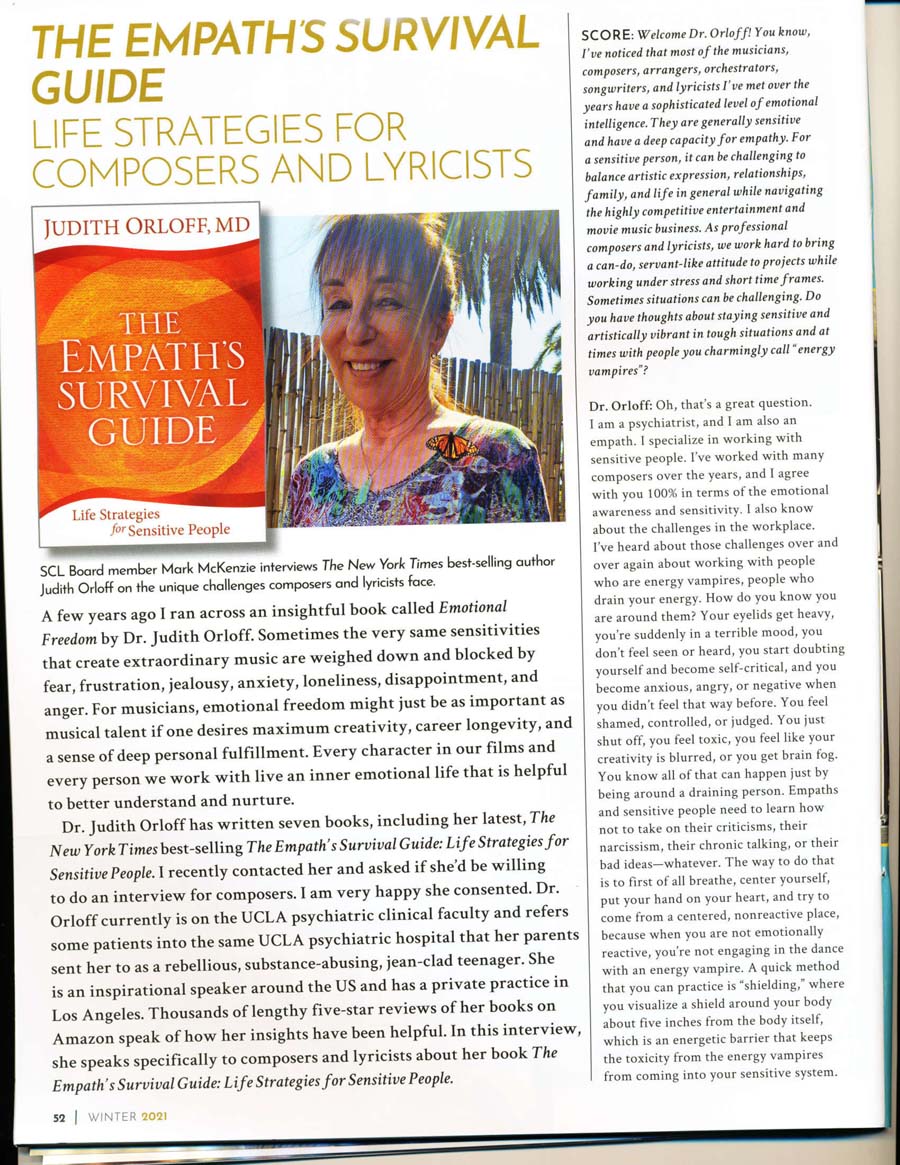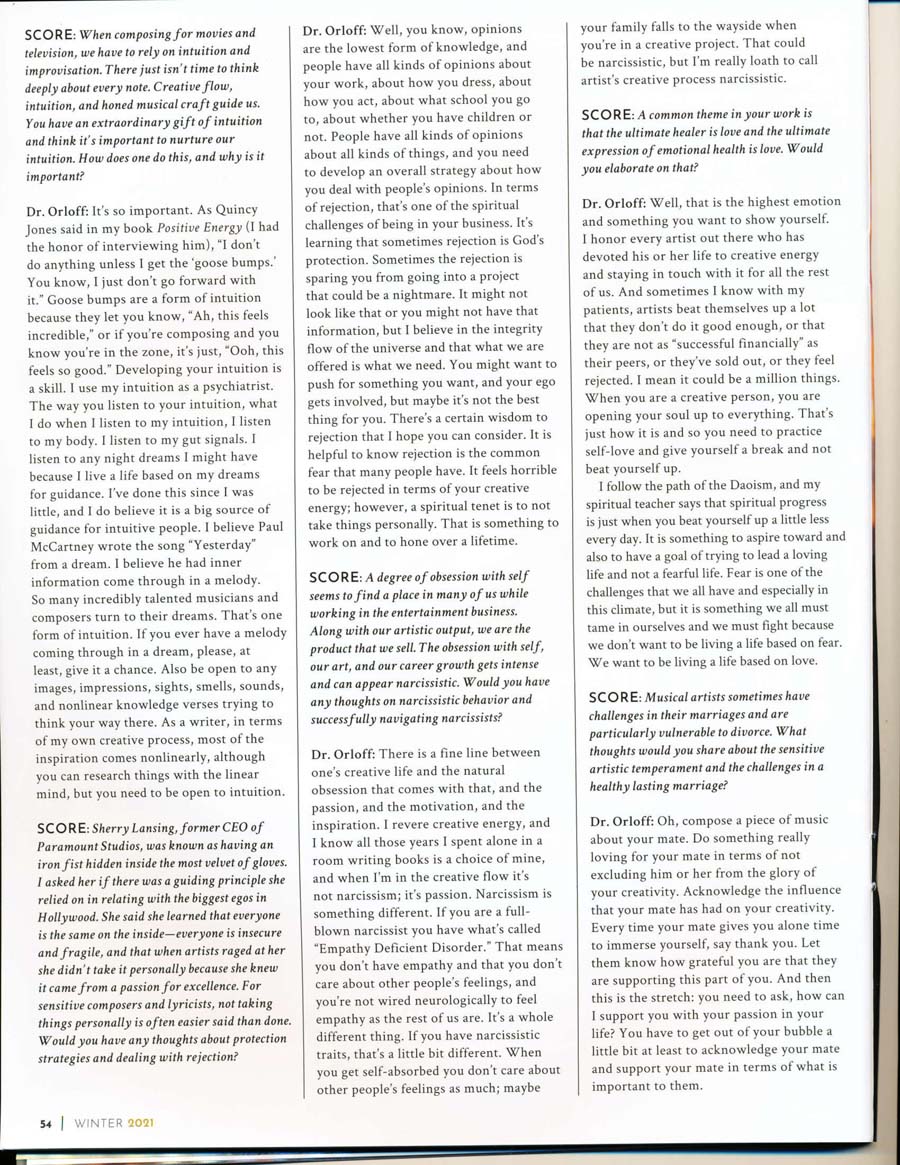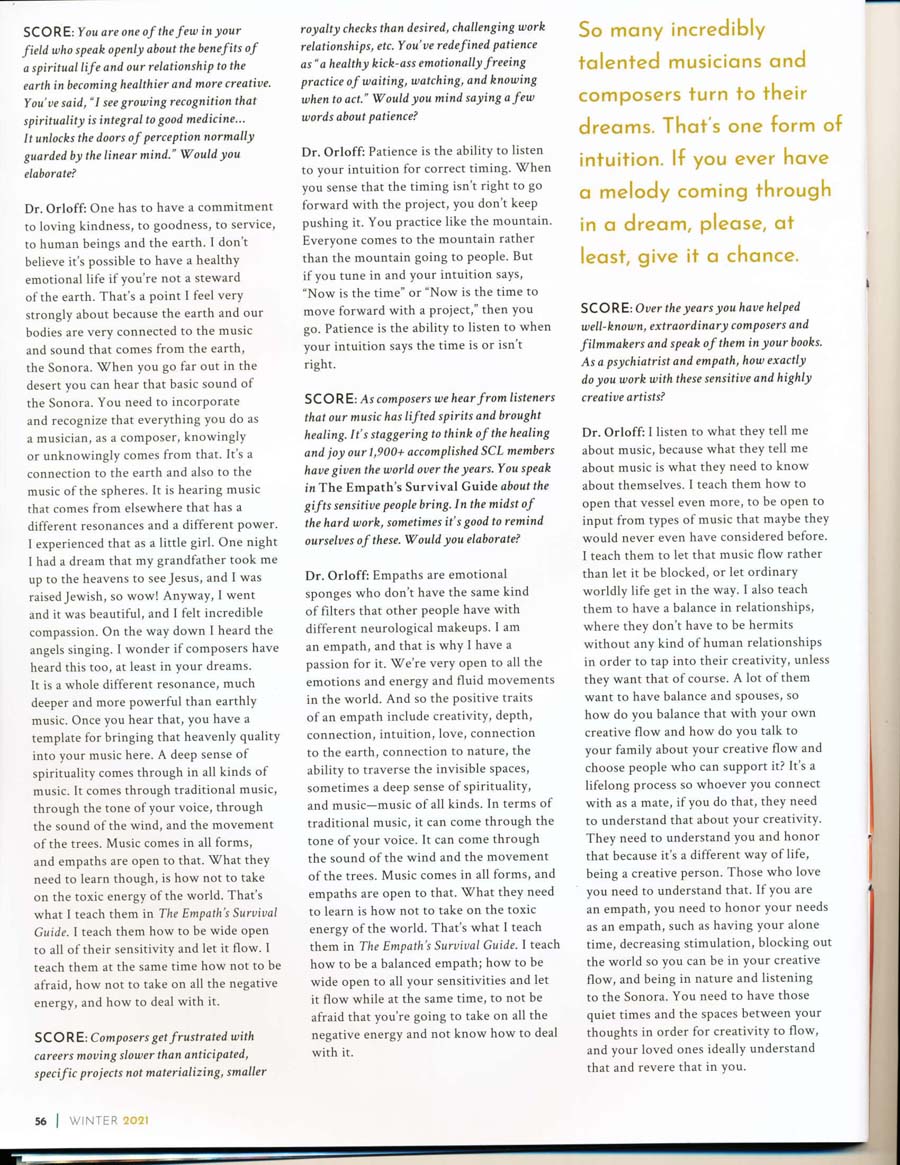


How to Stop Absorbing a Coworker’s Stress
Research has documented that we can catch each other’s emotions, a phenomenon known as emotional contagion even at work. One employee’s anxiety and panic can spread like a virus in milliseconds throughout an entire office, lowering morale and productivity. Happiness can also build in a workplace (known as “positive emotional contagion”), which results in improved employee cooperation, satisfaction, and performance.
Though everyone is susceptible to emotional contagion, it is amplified in empaths and highly sensitive people. The good news is that sensitive people can benefit from all the positive energy that circulates at work. The difficult news is that we can pick up our co-worker’s emotions or illnesses until we learn to avoid taking on their stress.
Why are we so prone to taking on other people’s moods at work? Everybody has hard days. Unfortunately for many of us, especially those who are highly sensitive, a hard day at your coworker’s desk can turn into a hard day at yours because of your sensitivities. Many offices today are designed to be “open space,” where desks are not separated from each other by walls or they consist of cubicles with simple glass partitions. Everyone basically shares the same area. You can hear people talking, complaining, gossiping, coughing, blowing their noses, laughing, humming, cracking their gum, and opening candy wrappers. Also you can smell your neighbors’ perfume or what they’re eating, and see people walking back and forth. All this means nonstop sensory stimulation. Such lack of privacy makes empaths more vulnerable to taking on their co-workers’ stress.
Highly sensitive people can also experience emotional contagion with customers and clients, even over the phone. You actually feel what they are feeling in your body. One empathic workshop participant said, “I started a new job selling life insurance. I became anxious making calls, even if customers requested information. My heart went out to families who had no coverage and lost their homes, or when their spouses died unexpectedly. I started taking on their pain!”
For tips on how to protect your energy in an over-stimulating, emotionally demanding, or crowded environment read my book The Empath’s Survival Guide


